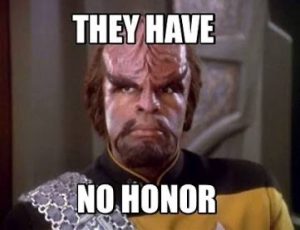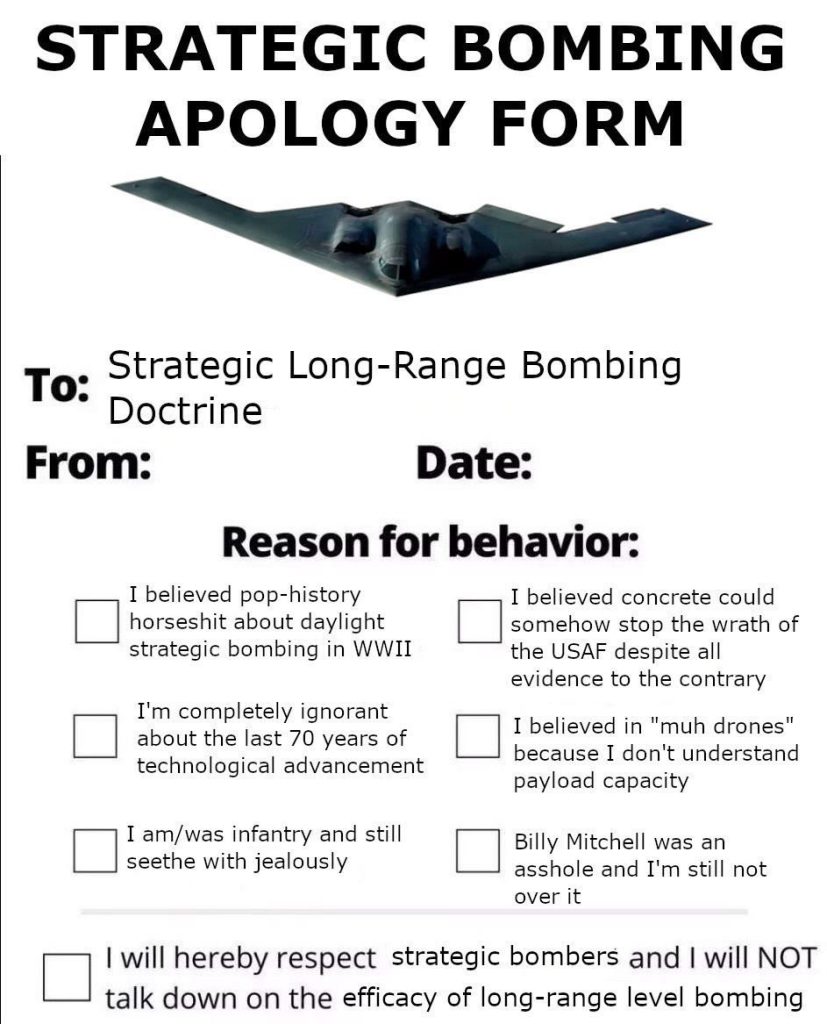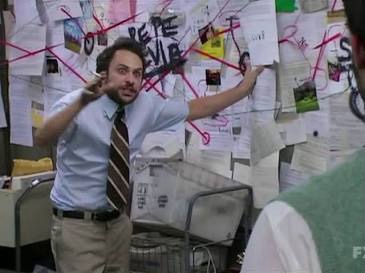America is grossly class segregated in a way that I don’t think Europeans fully grasp but all Americans intuit even if they don’t understand all of its rules. Every time I find myself in Europe I learn something new about socialism and its trade offs.
Sure we talk a big game about the middle class but America has an enormous variance between our poorest classes and our richest. We are a country where capital decides your fate much more so than your birth station. And we have always had mad scrambles to the top between eras of consolidation and state intervention.
American aristocracy has been land owners but as of the post war years it’s been mostly making good financial decisions. Sure land ownership has been one of paths to better class positions but 2008 showed it is a policy choice from the state as much as an economic one.
Even in a middle tier city like the Seattle area you could once see wealth that ranged from Jeff Bezos to port and manufacturing line union workers. Maybe you don’t end up the richest man in the world but if you got a decent job at one of the many companies powering the metropolitan area from Boeing to the port authority you had a nice upwardly mobile life if you took the opportunities available to you.
If you made bad decisions maybe you ended up pretty far out of the city and can’t find steady work but you could find work if you could get to it.
Being poor when you have freedom of movement seems insane to Europeans who understand the logic of borders and state benefits in ways Americans and their interstate mobility don’t always.
You can with unitive move to better jobs and pick up marketable skills and send your children to decent schools. Maybe then they move from the factory line to engineering. In the next generation their kids go from engineering to founding their own company. Ever so the upward logic of American wealth goes. Naturally it’s not that simple but it’s a good story of competitive logic.
If you lived in a booming region maybe you moved to be closer to a core city. If you can move to opportunities you do so.
The question becomes if Americans can move to successful areas why don’t we do so? Some Europeans don’t understand attachment to place as their movements are either inside the Eurozone or a battle to get inside the Eurozone. That we might be attached to our mountain town and not want to move to Denver or Seattle might be a surprise. It’s all one country right?
Western Europe has had a safety net for so long that wealth is more of a choice than poverty. You have to make quite a bit of effort to get around the slow planned socialist efforts of older industrial concerns to become wealthy. But if you can become part of the social fabric you won’t starve or struggle to get antibiotics prescribed either.
If you are in society in Europe you can make through without a healthcare crisis, cut hours or an eviction notice upending your life. That is why there is a fight to be in the social contract of Europe. America has that fight too it’s just less intense as our benefits are about having our passport and are less about having social security. No one believes they will get it anyway.
Eastern and Southern European societies still know closed borders and poverty through restriction of opportunity. Intra-European strife is all about immigration just as immigration from the rest of the world now drives American fears. Who is part of the social contract and why?
Sure you see wealth in Europe but it can feel as if it’s either generational or corruption or both. In America you see how wealth might be both but you get to see how wealth can be series of good decisions.
If you can keep your shit together you can rise. So why don’t we all do it? It’s a mystery to everyone and no one. You either race to coordinate with capital or you opt out of it entirely.
That’s our class system in America and I think it has shown a lot of merit even as some of Europe doesn’t understand why we choose it. Why opt for competition when you can have coordination? Well maybe a New Yorker doesn’t want to coordinate with someone in Texas. We allow for some of that even as the federal tensions rise amongst our compact. Italy upsets Denmark too.
I don’t know how this class compact works itself out on either continent but I always find myself reaffirming my commitment to capitalism anytime I spend even a couple weeks in socialist countries.








